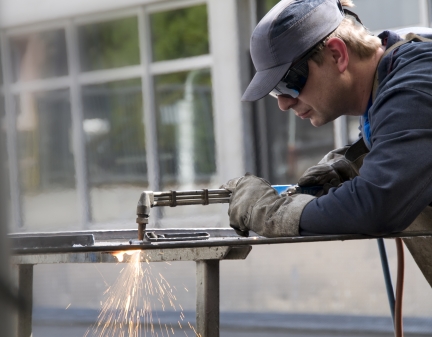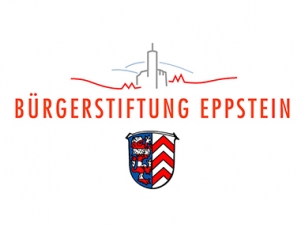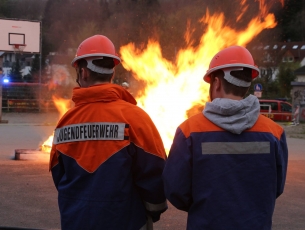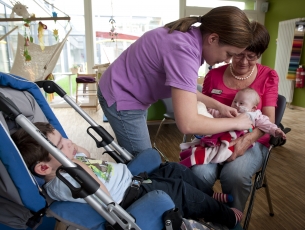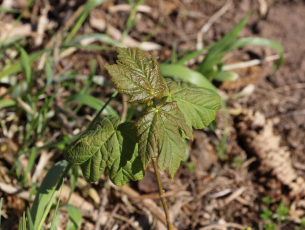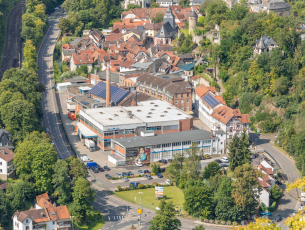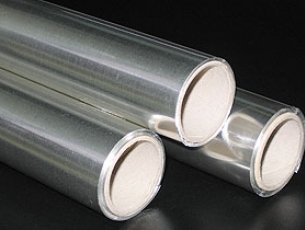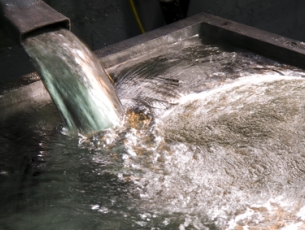Sustainability
Corporate policy
Responsible, consistent and sustainable
Our corporate policy is oriented on the long-term advancement of existing business relations. We want to make effective use of the growth potentials with new products in accessible market niches
We pursue our business objectives based on a legally compliant company management with a clear view of our responsibility in relation to business partners, employees, shareholders and the environment – a sustainable business development is of fundamental importance to us.
To be able to meet the special requirements of our customers permanently, we hold ourselves by the highest of standards.
For this purpose, we have established an integrated management system for quality, work safety as well as energy efficiency and environmental protection. Consistent internal process optimisation and the use of the latest technologies within our process chain yield important contributions to work safety, energy efficiency, environmental protection and the sparing use of natural resources.
Our quality management complies with the requirements of ISO 9001 for which we have been certified since 1996. Requirements of more far-reaching regulations can be fulfilled in agreement with our customers.
Securing the traceability of our product and the use of modern testing procedures is essential to us in order to create transparency and verifiability.
Downloads
Compliance
The safety of our employees is clearly our priority. According to the strict German standards, we are continuously monitored by the authorities and professional associations. We additionally receive support from an externally certified specialist for work safety.
We accomplished to successfully reduce the use of hazardous substances to a minimum through substitution by the end of 2014.
Based on legal regulations, increasingly more verifications and confirmations for the marketing of our products are required that confirm product conformity. We have experiences with RoHS, SVHC, foodstuff compatibility, conflict minerals, packaging conformity and others.
We have selected a few of the central topics for your information from the comprehensive legal regulations that apply to us:
RoHs - Restriction of Hazardous Substances
In RoHS (DIR2002/95/EU) and WEEE (DIR2002/96/EU), the European Community has enacted two directives for the restriction of hazardous substances in electrical and electronics devices, which are updated regularly.
Go to the official website: http://www.zvei.org/Themen/GesellschaftlundUmwelt/Seiten/RoHS-Richtlinie.aspx
The RoHS limits the weight percentage of quicksilver, lead, cadmium, chromate and brome-based flame retardants PBB and PBDE, and softeners in electrical and electronic components to 0.1 percent (respectively 0.01 percent for Cd). The aim is recycling without hazards.
Similar limit values also apply in the automotive sector, to packaging, medical products and food contact materials. Even if this directive applies exclusively in the EU, many other economic regions as well as companies operating globally have likewise defined comparable regulations.
As a manufacturer of lead-based and lead-free products, we are of course familiar with the RoHS Directives and support you in finding the concrete solutions for your product. Contact us: RoHS@eppsteinfoils.deREACh – Registration, Evaluation, Authorisation of Chemicals
The European Regulation No. 1907/2006 ("REACH") on the registration, evaluation, authorisation and restriction of chemicals is a drastic limitation to the open availability of substances. According to the motto "no data = no market", a substance may be traded and processed in the EU only if the manufacturer or importer has registered the substance.
Go to the official website: http://www.reach-info.de/
Depending on the quantity, mandatory information must be filed with the European Chemicals Agency ECHA on the hazardousness and protection possibilities. For this purpose, manufacturers and importers form consortia to share the work and costs together in SIEFs (Substance Information Exchange Forums).
In the definition of the European REACh Regulation, we are – in the same way as our customers – downstream users and produce products (foils) from preparations (alloys).
We are in constant contact with our suppliers and the relevant REACh consortia to ensure that the necessary primary materials also continue to be available and that we can supply the customary product recipes.It is important in this respect that we are informed about your application/purpose for use. This is the only way to ensure that the substances are registered and approved accordingly.
Do you have any questions? Contact us: REACh@eppsteinfoils.deSVHC - (Substances of Very High concern) Statement
The European Regulation No. 1907/2006 ("REACH") according to its Article 59 (1, 10) provides for a special procedure for substances causing particular concern: Substances can be proposed for approval and restriction by EU Member States, the Commission and ECHA. Additions to the list of candidates are made regularly and since 2018 does include lead metal.
A part of our alloys is containing lead metal by recipe and for the very purpose of the intended application. Regulations for SVHC do apply to all products exceeding a content of 0.1 % lead by mass. The lead content is included in the alloy code. We are providing further information with our Info Sheets which are available on request and on our Certificate of Analysis.
Entry to the list of candidates does not mean a prohibition of the substance, but it does entail an obligation to provide information and causes pressure to find substitution, as an approval process may be opened for the relevant substance.
Do you have any questions? Contact us: REACh@eppsteinfoils.de
Energy and Environmental policy
EppsteinFOILS has been actively dealing with the issues of "energy efficiency and environmental protection" for many years.
In addition to reducing specific primary energy consumption and improving energy efficiency, our energy goals also include measures to reduce, substiture or compensate for operationally-related CO2-emissions. With this goal in mind, we also support our business partners' projects. For example, we are a member of the "Green Seal Alliance", an international association of leading industrial companies dedicated to the improvement of lead batteries through the use of the sustainable GreenSeal® Technology. For more information, visit https://www.greensealalliance.com
Given the location in the city centre, it is important to us to take responsibility also for the environment and neighbours. We readily contribute to making Eppstein worth living in and a place where residing and working is possible in the best balance between the two.
Since 2007, we have a certified environmental management system in place. Our plants more than meet the values prescribed for environmental, noise and water protection. Keeping the air clean and saving energy are top objectives that we are working to improve continuously.
Our surroundings are dear to our heart. Therefore, we are happy to support local environmental, cultural and social projects.
Sponsored projects
Recycling
Our production, which is oriented on sustainability, takes on an important role in the area of climate protection: through the use of raw materials, the major part of which comes from recycling.
We melt and cast our alloys ourselves and this way, we can recycle our metals. Composite foils and auxiliary production materials are treated by our suppliers and waste disposal contractors.
Our products are usually very well suited for recycling and the waste disposal companies at our customer's sites also gladly accept them as secondary raw materials.
Raw materials recycling
In respect of the raw materials that are essential for us, we prefer using secondary lead, which is gained from recycled car batteries. In the year 2014, our secondary lead share was at 97%.
In the recycling of used lead, the energy expenditure is very low due to the low melting point of 327°C. The energy consumption in the production process is up to 90% below the energy consumption in the production of primary lead, which is gained from ores. By virtue of the close spatial proximity of the recycling smelters, the transport of lead ores from countries like China, Australia or Canada is not necessary.
Natural ore reserves can be spared and preserved for future generations through the use of recycling materials.
Efficient recycling systems ensure that contaminations are removed and that the recycling lead can be produced without losses in the quality. This process can be repeatedly infinitely many times.
Our proclaimed goal is to manufacture our products exclusively from secondary material – this way, we make a valuable contribution to the preservation of resources.
Production wastes and residual materials
The responsible handling of unavoidable production wastes and residual materials has highest priority for us. Wastes and residual materials are disposed only by approved companies. The sorting and separating procedures used by our waste disposal contractors permit recycling of 80% at present already.
Energy use and CO2 reduction
Gas and electricity are the most important primary sources of energy. In the procurement of electricity, we switched to the "100% green electricity" tariff in 2021, which will significantly reduce our CO2 emissions for the current year and the following years. We are actively working to reduce our CO2 footprint with further measures for reduction, substitution and compensation.
We cover a part of the basic load of our electricity requirement with our own photovoltaic plant. This plant simultaneously serves as a test field for the solar modules of the PV industry, for which we develop and produce important functions components.

